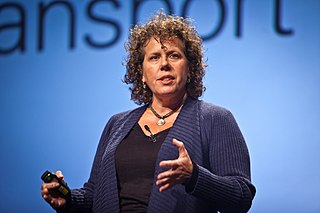A Quote by N. R. Narayana Murthy
You need to mesh the voices of people with expertise and meritocracy.
Related Quotes
We had the hardware expertise, the industrial design expertise and the software expertise, including iTunes. One of the biggest insights we have was that we decided not to try to manage your music library on the iPod, but to manage it in iTunes. Other companies tried to do everything on the device itself and made it so complicated that it was useless.

































